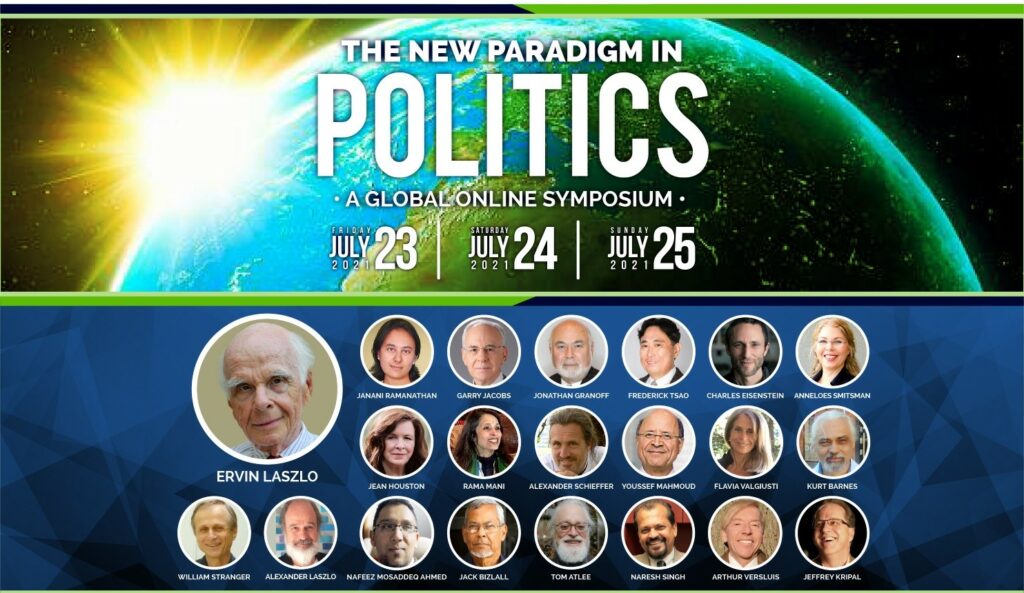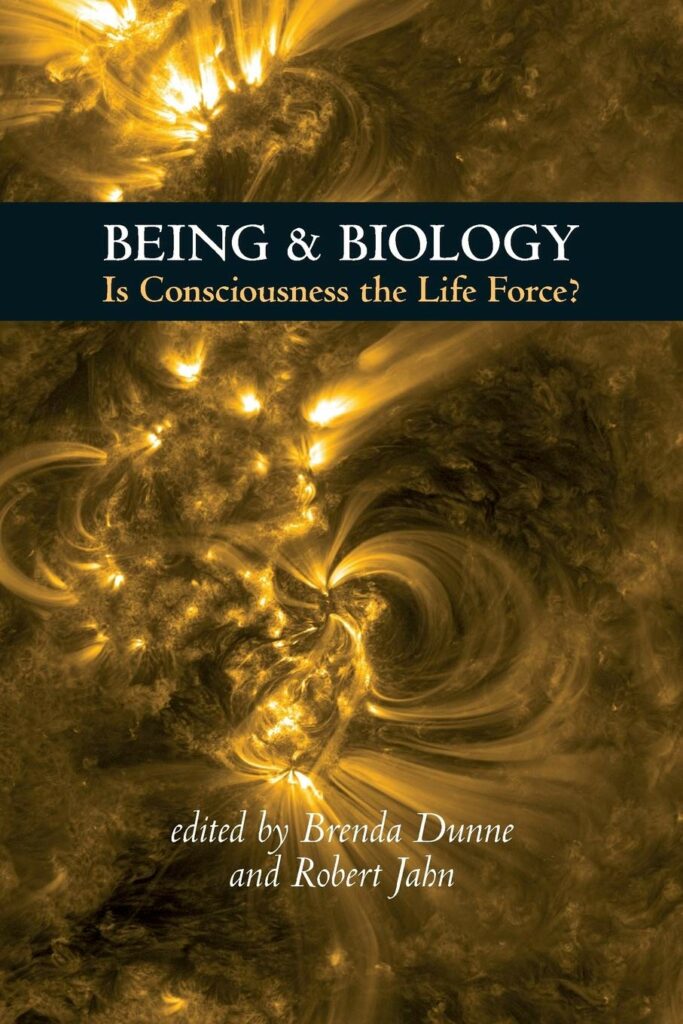
A Politics for Survival
“We need a new politics – the politics of existence on this planet… I think the next three days could be important for you, for your life and for humanity.”
These grim words land hard on the 150-odd participants of the first Laszlo Institute online Symposium.
Laszlo is right, of course. The world’s political, economic, ecological and social systems have become dangerously unsustainable, and authoritarian regimes are gaining ground.
With the other participants, I am hoping for some answers.
I’m not a political animal – I am drawn more to working with the inner human and his or her personal relationships than to focusing on the outer world of systems and collective relationships.
With Anthony Giddens, though, I can see that how we behave and think as individuals is shaped by the social networks and structures in which we find ourselves, and vice versa. Trying to change our world for the better by working on only one of these poles, won’t work.
Most of us find it hard to integrate the personal and the political.
The theory and suggestions for change are there, but it seems as though people and groups who, like me, lean one way or the other, stand on different islands. A deep sea lies between us.
We may want to get to the same end goals, but our thoughts on how to get there are very different.
And, we feel, time is short. We haven’t got time to build bridges – there are urgent tasks before us.
Yet this is what the Symposium set out to do.
We are in serious trouble, but with IT and social media the possibility for global communication and participation has never been greater.
The pandemic has helped us see we all face the same threats and opportunities.
‘Can we, across the globe, come together in time to make the transition to a sustainable world order?’ the organisers ask. ‘Can we develop a citizen-led, global consensus which will help us turn the tide?’
These are questions New Europeans asks, and is working to answer, every day.
Over the course of three days (23-25 July, 2021) we were taken on a journey from a harrowing review of our current state, through ways of understanding how we got to this point and might move forward, to information about the transformational governmental, non-governmental and citizen-led initiatives already underway.
We were told we need a mix of technological, psycho-social and evolutionary developments. Crucially, a new paradigm in politics will need to be built on cultural, scientific and spiritual foundations.
On the final day participants were asked to explore a ‘bottom-up’, democratic process for arriving at the wording of new constitutions, or even of a potential world charter for governance of the earth community.
The Symposium was extraordinarily ambitious, and the speakers deeply impressive.
You can find Laszlo’s White Paper on Holism in Nation-State Politics, together with information about the symposium and a list of speakers here.
You can watch the speakers and panel discussions on Facebook or on the Laszlo Institute YouTube channel.
I cannot do justice to the richness and complexity of the thoughts presented at the symposium – there was too much for me to take in – but these are some of the ideas I came away with:
- The world view of classical mechanics is not supported by quantum science, which offers insights closer to some spiritual teachings. The new paradigm suggests the universe has a coherence – an evolutionary tendency or ‘holotropic attractor’.
- To bring real change in individuals and communities, we need to support a shift in consciousness which allows us to see the world community and life on our planet as one whole system, not a collection of disconnected parts.
- Politics for a new, global culture has to be holistic, based on this understanding. We need to further a sense of belonging together – value individuality and diversity but see our coherence.
- Politics should not be about seeking power or wealth for any one person, population group or nation state, but about what is best for the whole world community. System needs, and not individual needs, come first, but if the system is healthy, individuals will thrive.
- What survives is not necessarily the strongest – it’s what is most able to adapt and connect with other systems.
- Local, organic, decentralised development is best, but must be developed within the global context. Change must be motivated from the ground up.
- We need to change our educational systems to move away from a materialistic view of reality. Young people are at the forefront of change.
There were many speakers with different areas of expertise, but here are three of my favourites:
Nafeez Ahmed, an award-winning investigative journalist, researcher and interdisciplinary academic specialising in international security and complex systems theory. His presentation offers a systems framework approach to understanding the current global systems breakdown.
Nafeez points to the need for the old industrial, materialist-reductionist worldview to be replaced by a new post-materialist paradigm working in harmony with the earth systems.
You can watch his intro to the symposium here.
Anneloes Smitsman has published on how to diagnose and transform key systemic barriers of our world crisis through a proposed transition plan for a thriving, sustainable civilization.
She developed the constitution of SEEDS, a financial ecosystem involving ethical and participatory investing, designed to regenerate our planet. She is strategic advisor of Hypha, which co-develops Regenerative Renaissance tools, currencies, systems, and cultures.
You can see her presentation here.
Jean Houston is a researcher in human capacities, social change and systemic transformation. She runs mentoring programmes with leaders and change agents world-wide and has worked with UNICEF, UNDP and NASA.
Jean asks why human beings are so ‘naughty’ and end up sabotaging even the projects they most care about – a crucial question as we witness our inaction in the face of humanitarian and ecological disasters and threats to our democracies.
Jean uses social narrative or mythic story-telling as a tool for deep listening. It can uncover the often unconsciously held collective and individual myths that influence our values and behaviours.
You can see a short clip of her here.
I hope you will find some of the speakers at the Symposium interesting.
New Europeans is at the forefront of building a new kind of collaborative, bottom-up, locally engaged politics.
I wonder if, as a movement, there is anything we could develop and assimilate from this amazingly rich Symposium, and whether some kind of collaboration with the Laszlo Institute might be of value.


